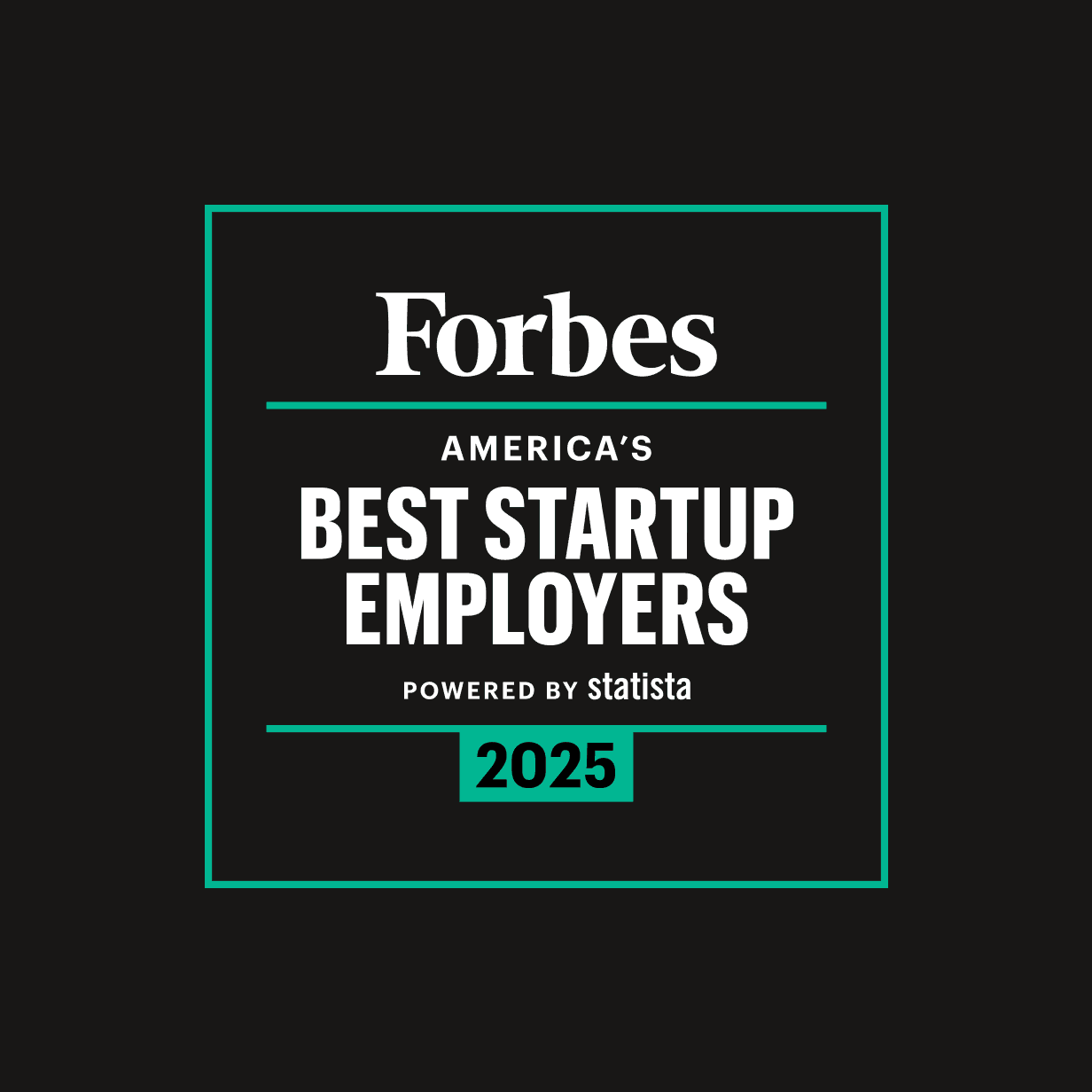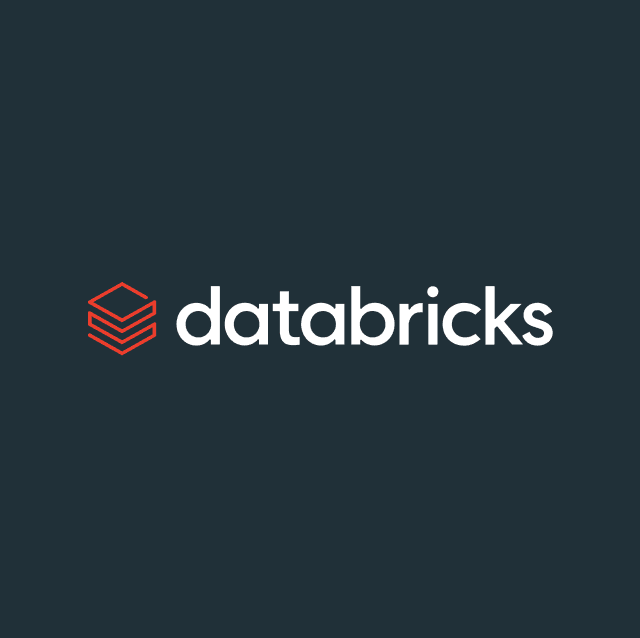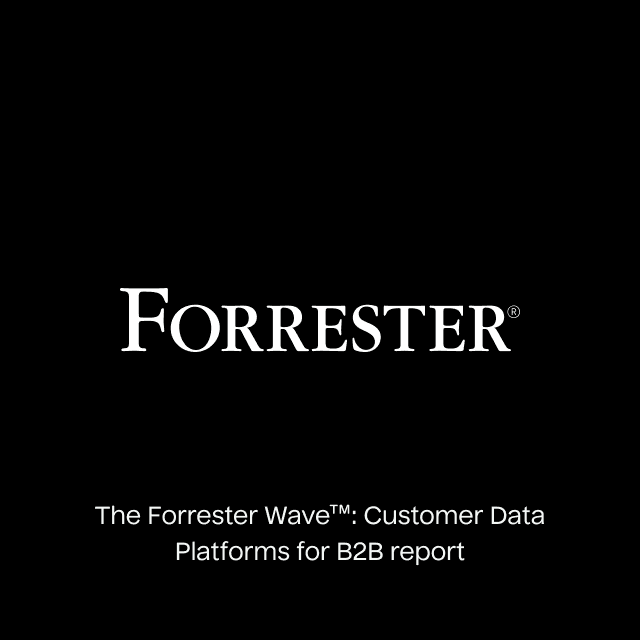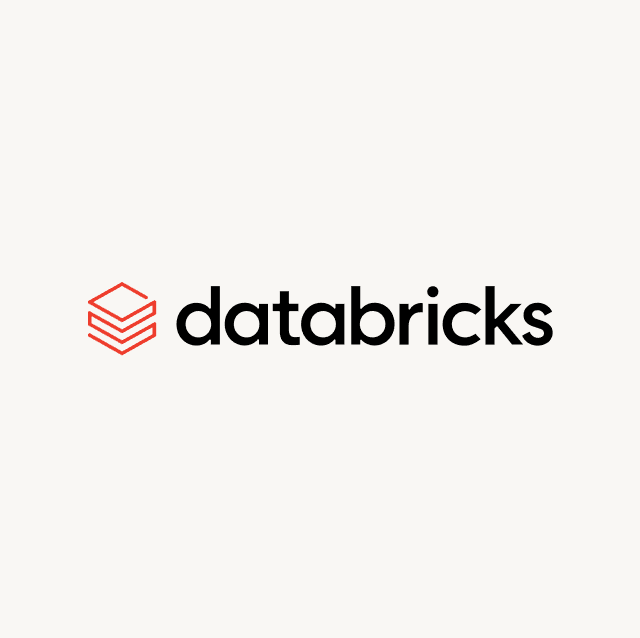Introduction
Today, our team at Hightouch is thrilled to announce the release of Customer Studio, an entire suite of purpose-built, marketer-first tools that allows everyone within an organization to explore, manage and activate the customer data once locked away in their data warehouse.
This highly visual set of capabilities is a massive step forward for marketers everywhere. The days of waiting around for engineering tickets or switching out marketing tools in pursuit of that one elusive capability are over. Customer Studio enables teams that lack traditional access to the data warehouse or any SQL training to upgrade their existing marketing tools with the full power of the warehouse. It’s an upgrade that unleashes the power of your existing technology investments and enables new targeting, real-time personalization, and much more without any change to your MarTech stack.
The Rise of Modern MarTech
Each year, Scott Brinker, founder of Chief Martec, releases a report highlighting the expansion of the overall MarTech landscape. This year’s report quantified the explosion of MarTech tools to number over 10,000. Entire multi-billion dollar companies with thousands of employees are displayed as yet another grain of sand, drowned out in the vast ocean of innovative MarTech tools and platforms.
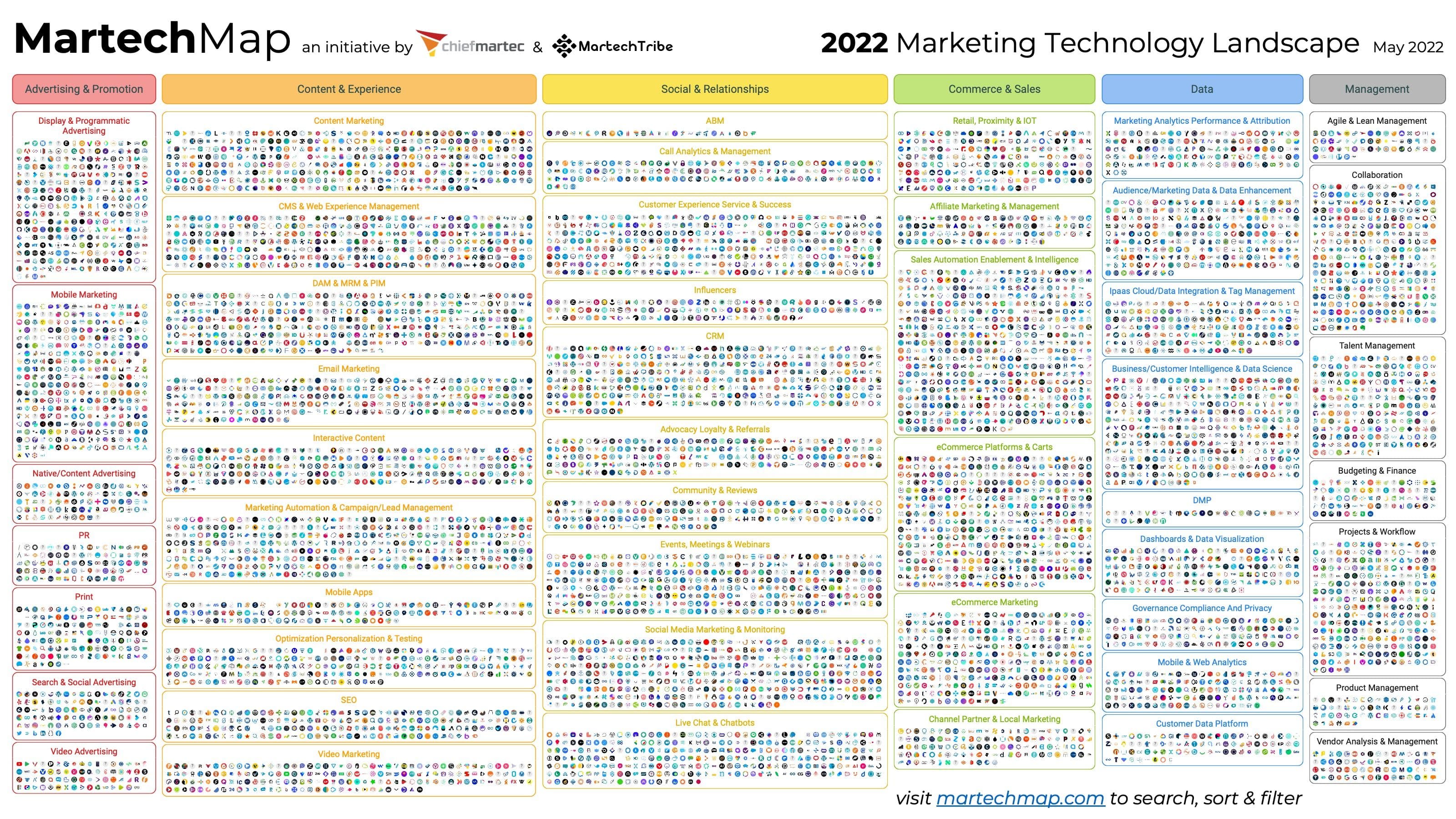
But this isn’t only a story of the number of companies. It’s also a story of quality and depth. The unprecedented level of competition has driven market leaders ranging from Salesforce and Hubspot to Adobe and Webflow to build products with capabilities previous generations of marketers only dreamed of. The tools have quite literally never been better. Hubspot today is a SpaceX rocket in comparison to the pair of rollerblades that it was 10 years ago.
Yet there remains an undercurrent of discontent amongst marketing teams. The world’s best MarTech is now available, but in most cases it hasn’t reached its full potential. The reason is actually quite simple: the quality of the data in the tools hasn’t matched the quality of the tools themselves.
Traditional CDP vs. Composable CDP
See how the two approaches compare across speed, compliance, cost, and scale—all in one chart.


The MarTech Treadmill Problem
Does this sound familiar? A marketer buys a tool and asks their technical partner to implement it. They train their teams on how to use it and start running campaigns, but later they’re disappointed in the results. They assume it’s the tool and then buy a different or supplementary tool with an eerily similar set of features. Rinse and repeat every 24 months. I call this the MarTech treadmill and most of us have found ourselves on it at one point or another. Unfortunately the only thing we burn on this particular treadmill is money and time.
If you step back from the treadmill and really look at what’s going on, more often than not it’s a data problem. When a team wants to execute a campaign or new tactic they find themselves slowed down and restricted in what they can actually accomplish because they’re missing the data points they need to execute their campaigns.
For example, they don’t have what they need in the database attached to their e-mail or SMS tool and it’s not somewhere they can grab easily on their own. They turn to an ops professional or a data team only to find themselves blocked by capacity or dealing with unreliable data connectors between systems or worst of all - asking an engineer to export a CSV so they can upload it manually.
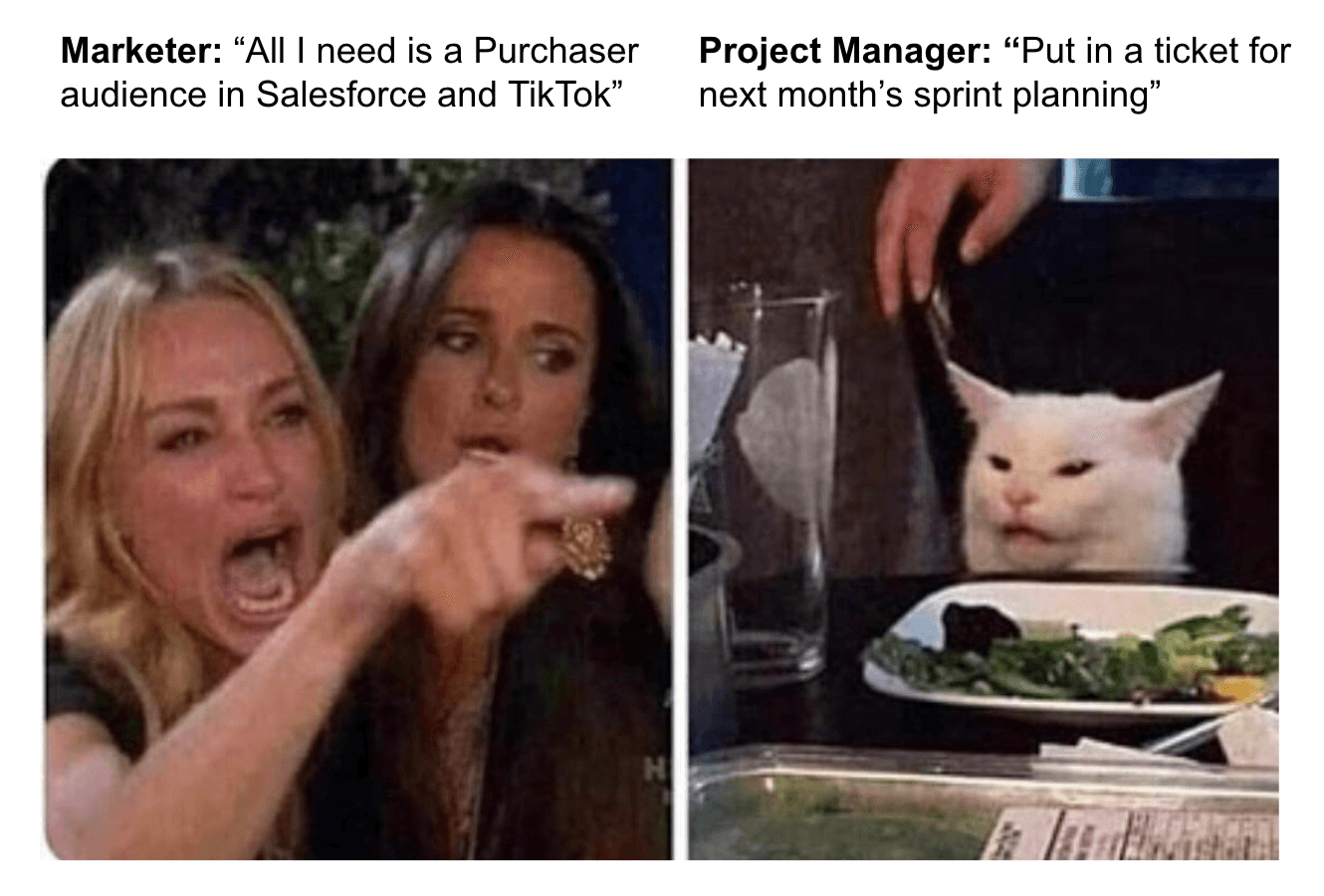
Exchanges like this happen all too often
Many CMOs see this and immediately look to find a new, better MarTech alternative that makes their team self-sufficient. But is that really the answer? At some point we have to acknowledge something scary: the problem is not the tools and it’s not the marketer. It’s the data. With great customer data, almost any marketing tool can do a pretty good job at delivering personalized experiences. With bad customer data almost every marketing tool is worthless.
Supercharging MarTech with the Data Warehouse
The most valuable data that most businesses have today resides in the data warehouse. The data warehouse is unique in its ability to aggregate, clean, and process vast amounts of data and make it ready for use in ads, e-mails, websites, in-store experiences, and much more.
The warehouse has three attributes that marketers should prize: completeness, flexibility, and efficiency.
- Completeness: The customer data you need is most likely already stored (or easily could be stored) in your cloud data warehouse. Data from the web, product, ad platforms, your analytics team’s models, etc. all live there. That means you can build a rich, full picture of customers that is consistent across teams and tools simply by referencing this source of truth. As you add new data sources they can also be ingested into the data warehouse. It’s a super cost-effective and fast option for storage compared to other tools. For example, storing data in a Customer Data Platform (CDP) is typically much more expensive while storing tons of raw data in your MarTech tools slows them down and leads to inconsistency in customer profiles.
“The data warehouse is a great way to aggregate all of your data because it's cost-effective. A CDP could store some of this data, too, but it's expensive to do so. The data warehouse is one of the most scalable and cost-effective ways to aggregate all your sources of data.”

Darrell Alfonso
Director of Marketing Strategy & Operations at Indeed
- Flexibility: The cloud data warehouse is flexible. CDPs and CRMs often have rigid data models like users/contacts and “events”, but in reality, every business is unique. The data warehouse embraces this. If your business is based on the relationship between pets and owners - set up your data about pets and owners. If it’s about brands, producers, and musicians - then set it up that way. If you need the notion of an account, a product install, and a product user to co-exist - that’s easy in a warehouse but hard anywhere else. Armed with the warehouse’s flexibility, you can build and scale creative campaigns. Activating data from the cloud data warehouse allows marketers to define their audiences in any which way to fit their campaign objectives.
“If you have a customer question to answer or a campaign goal to achieve, you can assemble [the data from the warehouse] like a jigsaw puzzle to answer any questions you might have. The flexibility is there unlike with other tools.”

Jessica Kao
Senior Director of Marketing Operations and Analytics at F5
- Efficiency: The best part about leveraging the power of the cloud data warehouse is the efficiency gains marketers can expect. As many organizations have invested millions of dollars in their data warehouse and MarTech stack, using the data already available in your warehouse to unlock more power from these tools make the investments even more worthwhile.
“Using a data warehouse has allowed our marketers to access data more efficiently for segmentation [and] improve messaging consistency. Overall, a massive win for our teams.”

Jake Larson
Senior Marketing Technologist at M1
Using Hightouch to activate the data from the cloud data warehouse, you no longer have to download and upload CSVs or ask for favors from data engineers and analysts. You can take action directly on the data using our no-code audience builder in Customer Studio. You can even deliver real-time, personalized customer experiences with a low-latency API.
“Modern marketers will continue to learn the skills needed to capitalize on their organization’s data. It started with learning SQL to run analytics, but now with rETL platforms offering No-Code Audience Builders and easy ways to pipe data around, that barrier is even lower. We love being able to use our data warehouse as the single source of truth.”

Austin Hulak
Chief Strategy Officer at Swyft Filings
Traditional CDP vs. Composable CDP: Which Fits Your Data Strategy?
Cut through the noise with our side-by-side guide. See exactly how traditional CDPs stack up against Composable CDPs across cost, speed, compliance, and flexibility.
- Faster time-to-value: Why Composable CDPs launch in weeks, not months
- Complete flexibility: Compare schema limits vs. support for any data model
- Better compliance: GDPR, CCPA, and HIPAA readiness at a glance
- Cost transparency: Bundled MTU pricing vs. unbundled features
- Built for scale: How Composable CDPs enable advanced personalization
Get the guide and decide if it’s time to modernize your CDP strategy.


Making the Warehouse Accessible for Marketers
Historically, the keys to accessing the wealth of data available in the data warehouse were solely held by data and engineering teams. While accessible for Business Intelligence and analytics, as a Marketer the only way to get data out of the warehouse involved asking (and waiting) for custom pipelines (painful) or dealing with CSV uploads (don't even get me started).
Seeing this problem first-hand, we set out to create a new solution - a Data Activation platform that could unlock the warehouse for operational use-cases.
First, we equipped Data Engineers with a SQL-first solution that removed the drudgery of building pipelines and freed analytics teams to model and move data quickly and easily into end points like CRM, e-mail, SMS, ads, etc.
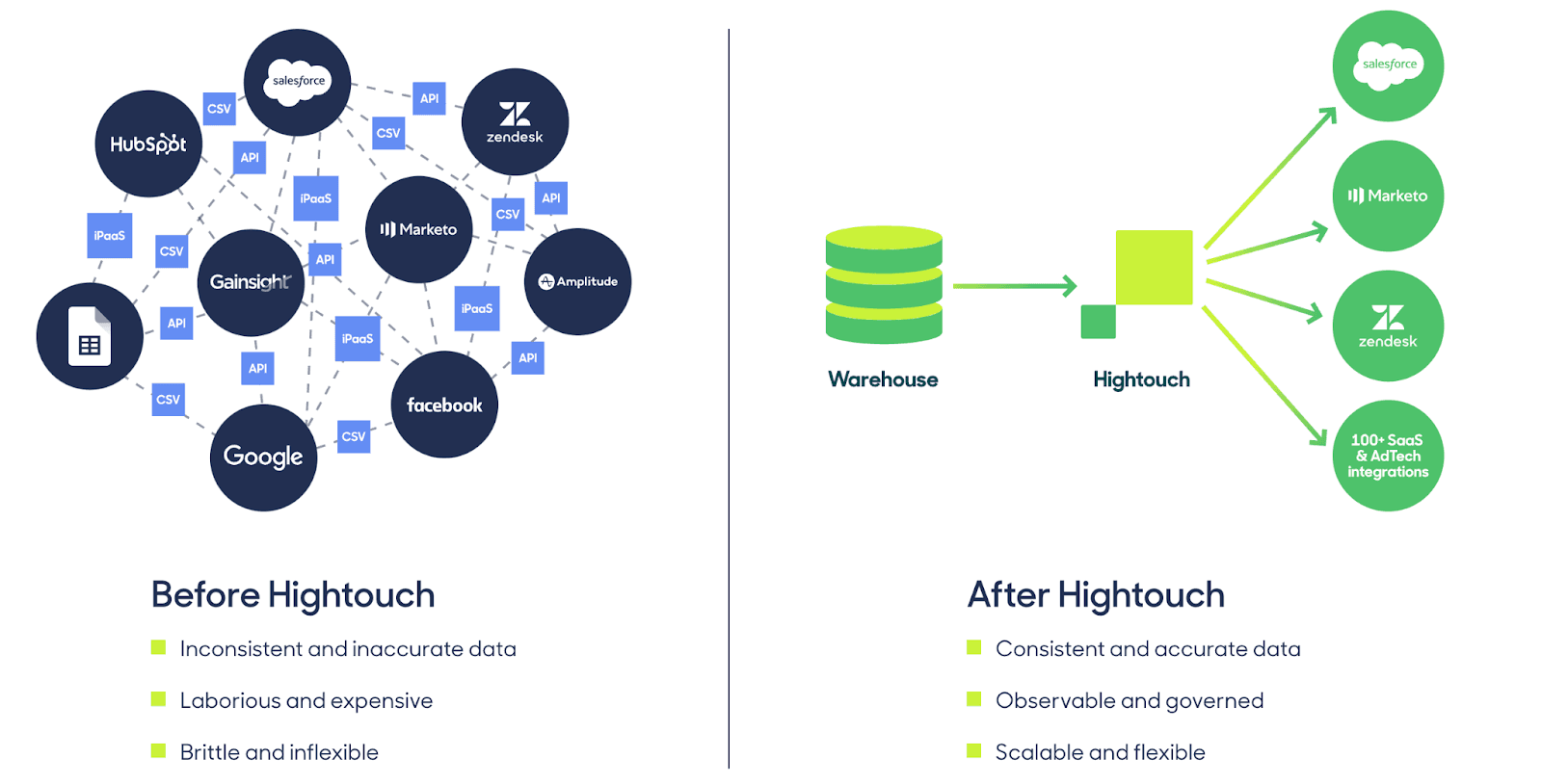
While Data Activation has proven extremely valuable to our customers - ranging from startups to Fortune 100 enterprises - we always knew there was a bigger problem to solve.
Sure, enabling technical teams with the tools needed to unlock the value of the data warehouse is great, but what about the marketers? How could we help empower them to activate customer data on their own?
Announcing Customer Studio: Data Activation for Everyone.
We are excited to announce the release of Customer Studio, an entire suite of purpose-built, marketer-first tools that make data exploration, management and activation easier than ever before. With Customer Studio, we enter a new era of Data Activation - this time, for everyone.
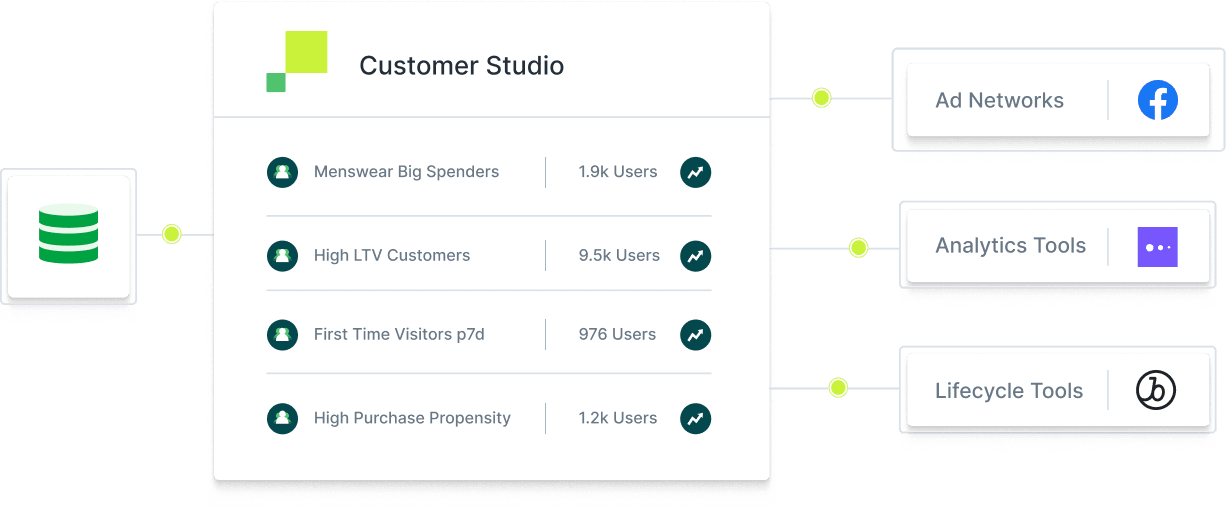
Customer Studio is anchored by a new version of our no-code audience builder that enables non-technical users to explore, build, and manage audiences at scale. Once defined, audiences are synced and kept refreshed in any of over 140 marketing and advertising platforms. As part of the Customer Studio release, we’ve revamped our existing audiencing UI to support more complex logic, like nested and/or statements, while maintaining high usability for less-technical marketing users.
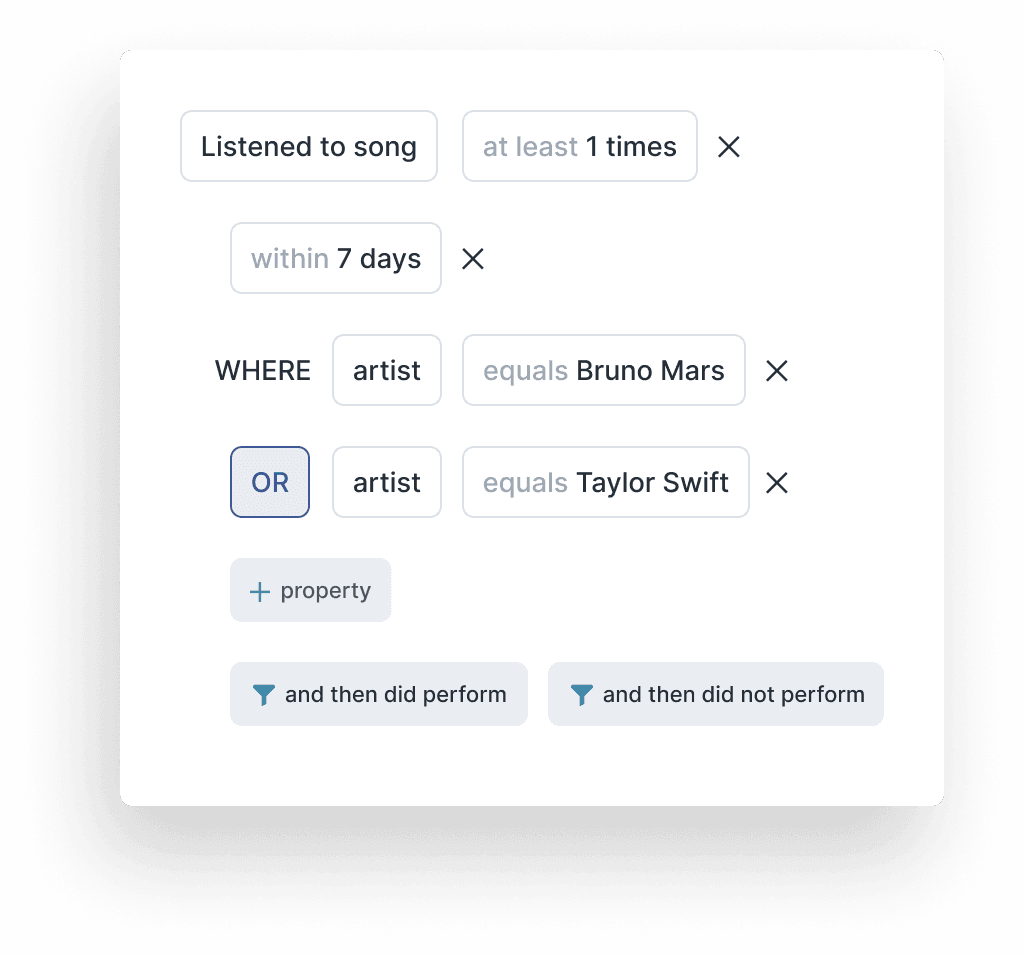
With Splits, we’ve added additional functionality that enables marketing teams to seamlessly create and manage multivariate experimentation across channels. Leveraging the new functionality to perform experiments (ex. holdout tests) accelerates growth and drives a deeper understanding of the experiences and channels that best resonate with customers.
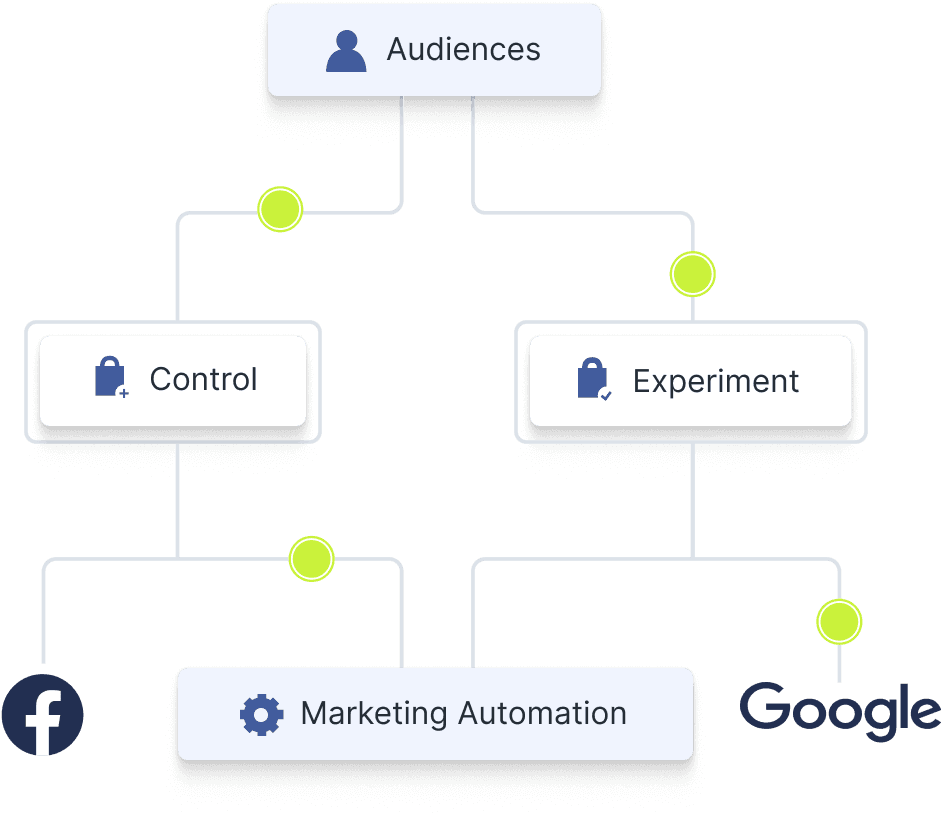
With Insights, you can easily analyze audience composition, while Priority Lists let you orchestrate the experiences people have as they progress through your funnel.
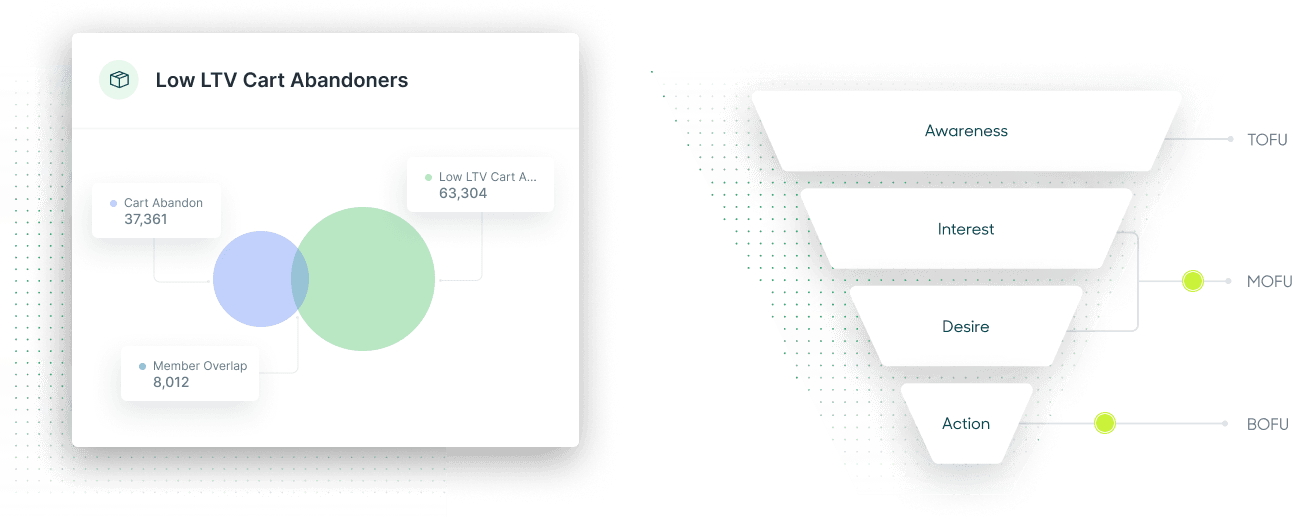
These are just a few of the enhancements available in Customer Studio so that marketers never again have to say: “We couldn’t run that campaign. We didn’t have the data in time.”
You can read the full announcement blog post with feature details here.
The best part is that it’s completely additive to whatever MarTech stack the team has to begin with. I’m not going to say you’ll never need to buy another piece of MarTech - that’s ridiculous. But what I will say is that you should never need to buy another piece of MarTech just because it lacks the data your team requires. Teams should go through the upheaval of ripping out a technology because it doesn’t work - not because it doesn’t have the data it needs to work.
“Customer Studio gives our marketing teams the tools they need to activate customer data, enabling them to personalize marketing campaigns, optimize ad performance, and drive experimentation across our digital properties.”

Ben Tengelson
VP of Data Science at IntelyCare
Wrapping Up
If Scott’s Brinker’s comprehensive MarTech map is any indication, the marketing landscape will continue to evolve rapidly. Marketers will continue to face new challenges. There will be new regulations, new social networks, new devices, and changes in culture we’ll all need to grapple with. We built Customer Studio so that everyone, regardless of technical skill, could benefit from the power of the data warehouse and so that teams can finally make the most of the incredible MarTech tools at their disposal.
It’s time to unleash the data warehouse. It’s time to unleash our MarTech investments. It’s time to unleash our marketers.
If you’re interested in learning more about how Hightouch works with marketing teams, feel free to request a demo, DM me on Linkedin, or send me an email at tejas@hightouch.com.
Onwards,
Tejas








